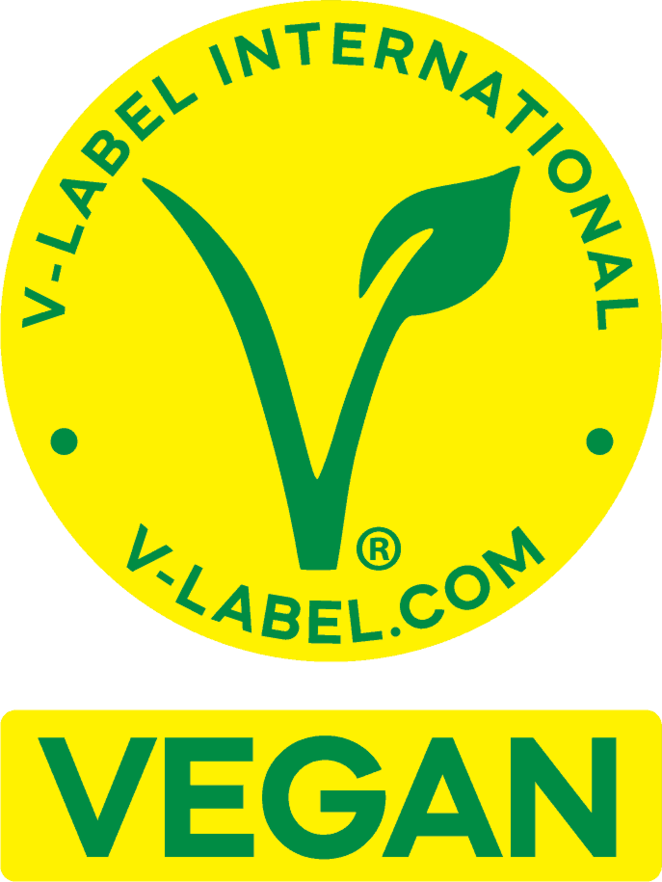I would generally agree plastic = bad in most cases, though it’s probably an unavoidable necessity for our modern world. It should be reduced where possible. However, plastic = bad doesn’t change the fact that animal farming is usually far worse for the environment.
There are 2 “organic” alternatives to synthetic leather (aside from not buying any of them) : plant-based leather or animal-based leather (which is not exactly completely organic or natural considering the plastic coating and chemicals used to preserve and produce it). 1 is better than synthetic leather and 1 is worse. I’ll let you work out which is which :) Spoiler: plant-based comes out on top











Lol, yeah Eisel is a bit of a mixed bag. Quite a controversial figure in the vegan community who many disagree with on a lot of things. But I think the actions he advocates for are probably positive for the most part (not destroying nature, not exploiting animals etc, even extending that further than a lot of vegans will by saying we shouldn’t own pets etc), even if his views, ideas and expressions can be problematic. I agree that part especially at the end about saying non-human animals are “mindless” didn’t sit well with me, and the implication that their lives aren’t very meaningful. It also continually surprises me that he actually cares about not harming/using animals given how lowly he sometimes speaks of them in comparison to humans and how focused he is on the supposed greatness/potential of humanity and civilisation. For him, veganism/animal rights is a “civilising mission” for humanity to stop doing barbaric things for the good of our own evolution, as much as or perhaps even more than it is for the good of the animals themselves. I think you’re right that it’s a more than slightly egoistic and anthropocentric perspective for sure. But again, at least he seems to place some value on non-human animals sufficiently to the degree that he maintains it’s not acceptable to abuse them, and holds fairly high standards for that comparably to his standards for human rights. I primarily mention him in the topic of this post as one of the only people I’m aware of actively speaking out about the concept of petism / pet ownership and why vegans/animal liberationists shouldn’t support it, rather than for his other musings. He rarely focuses on one point at a time and usually drags in multiple other topics into the discussion, lol, so it’s hard to find him talking exclusively on that issue for reference. Like you said his book quotes are pretty eloquent.